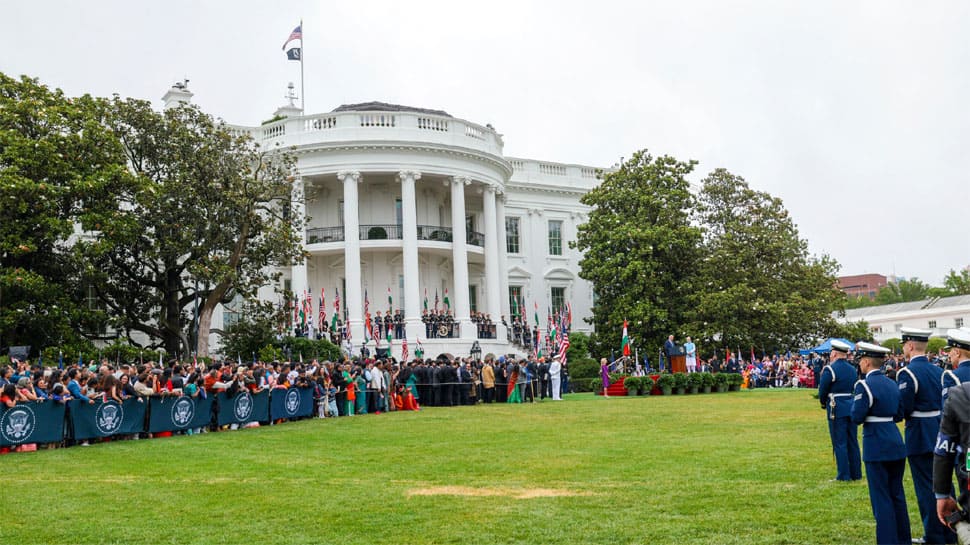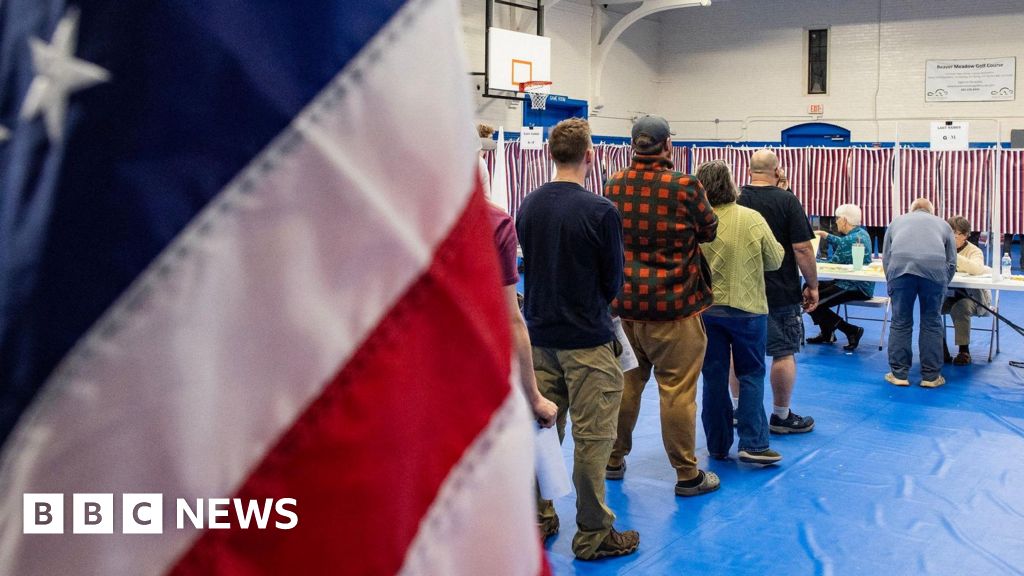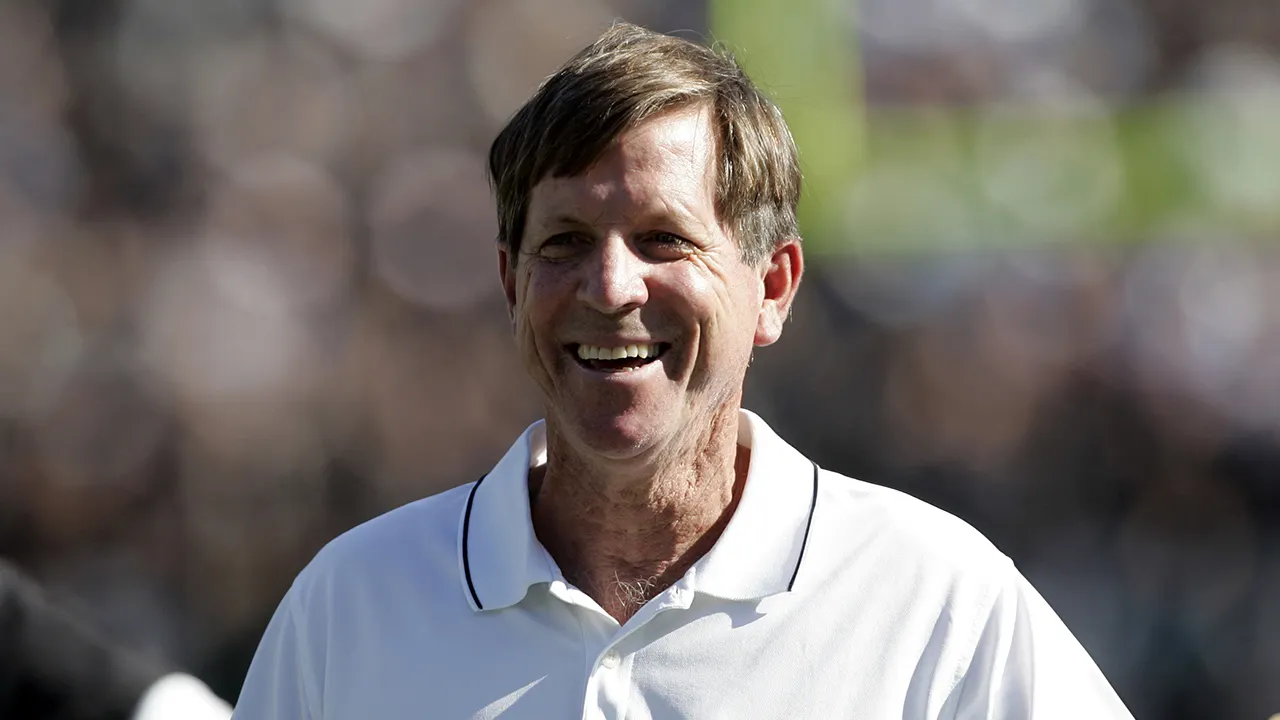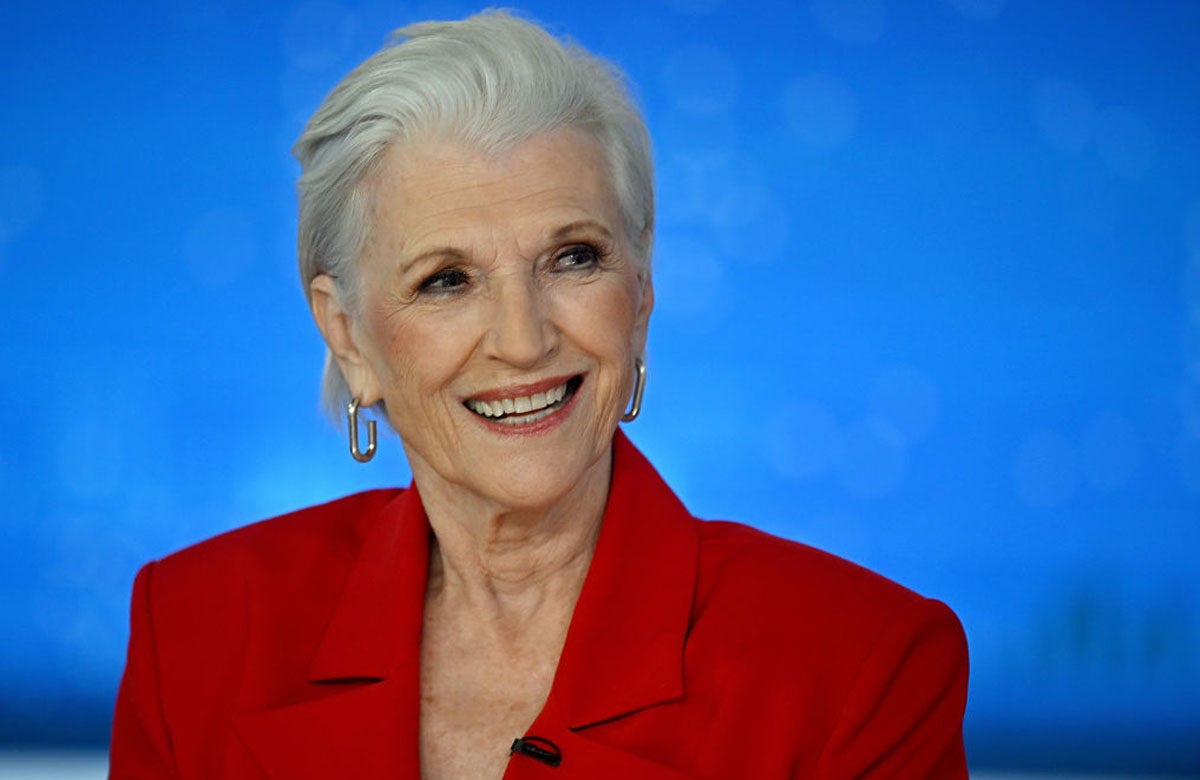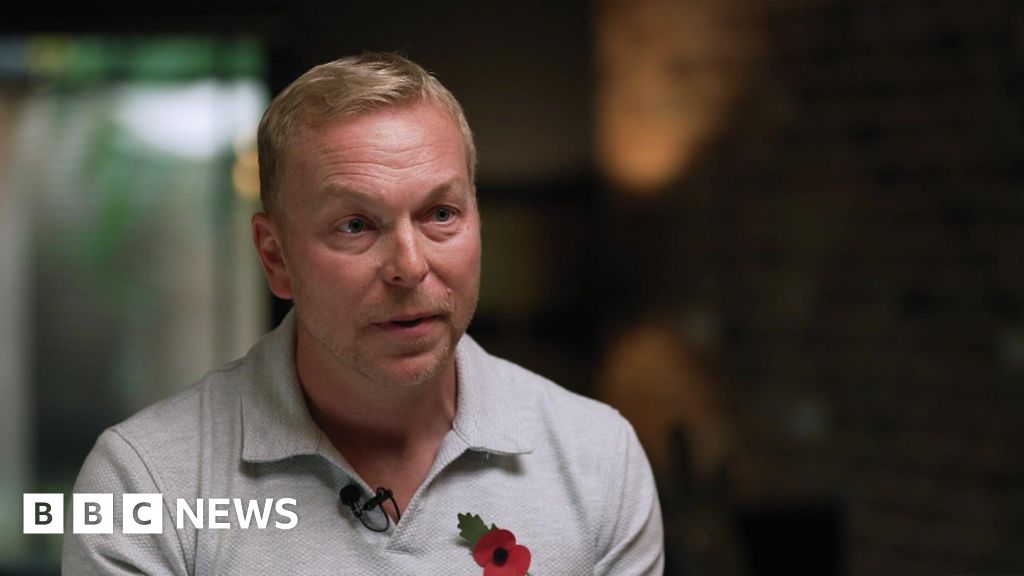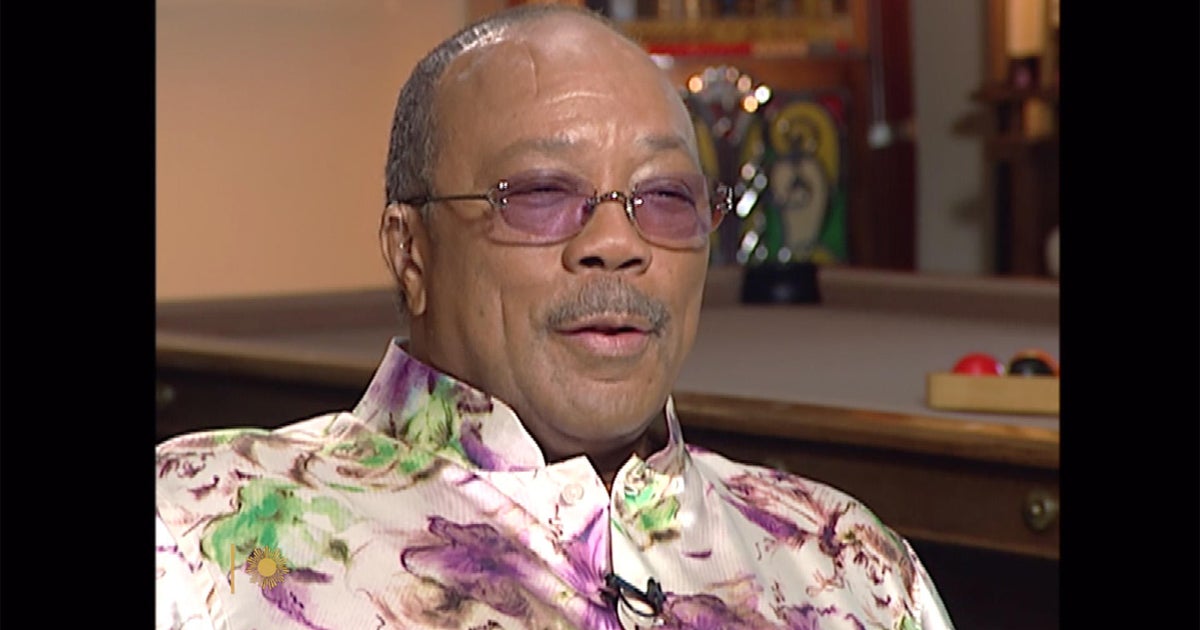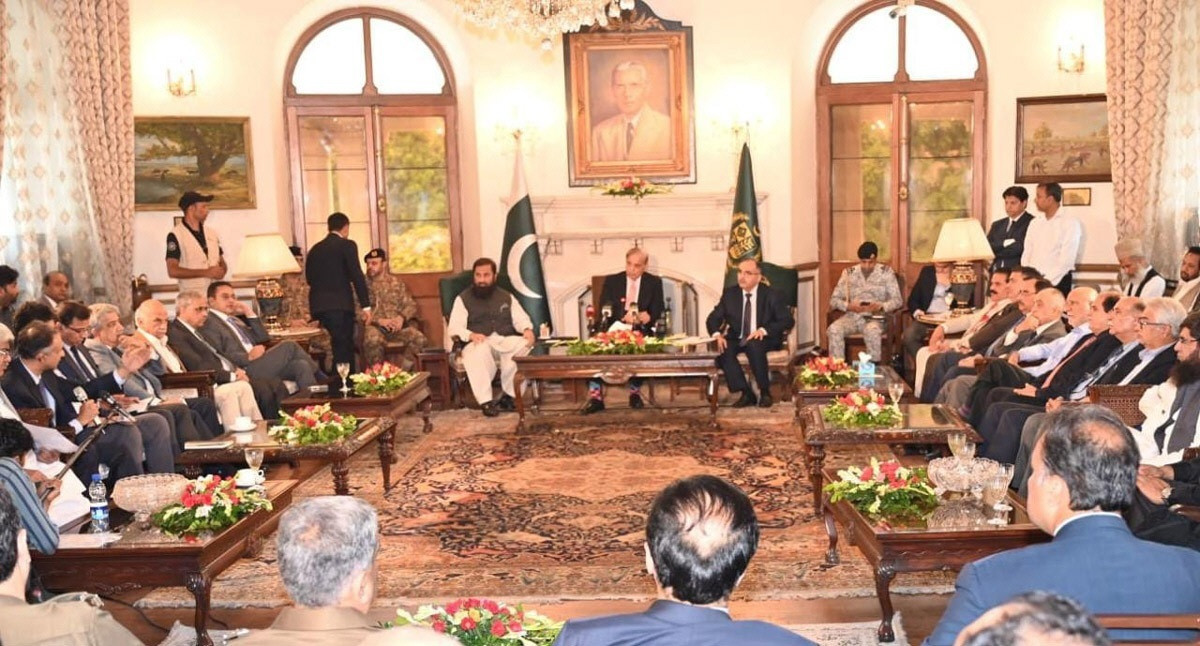LAHORE:
Prime Minister Shehbaz Sharif said on Saturday electricity tariff hike was a condition of the International Monetary Fund (IMF), and stressed that the country would have to take the loan programme seriously and benefit from it.
Speaking during a meeting with prominent businessmen and industrialists at the Governor’s House in Lahore, Shehbaz urged national unity and sacrifices because there was no other way but to initiate drastic structural and economic reforms.
The prime minister met the traders a day after the government increased the average power tariff by Rs4.96 per unit for the financial year 2023-24. This adjustment places an additional burden of Rs3,281 billion on consumers.
The tariff hike is seen as the fulfilment of the government’s commitment to the IMF to raise electricity rates. Following this increase, the average national tariff has risen from Rs24.82 per unit to Rs29.78 per unit.
“The IMF demanded an increase in electricity prices [for $3 billion Stand-By Arrangement]. Besides, we also have the problem of circular debt,” Shehbaz told the business community. “I admit that the burden of taxes is overwhelming.”
Sharing with the business community details of his telephonic conversation with IMF Managing Director Kristalina Georgieva earlier this week, Shehbaz said that she had expressed her reservations about the mistrust created in the past.
He added that he told the IMF chief that the incumbent government would complete its constitutional term on August 14, and after that the interim government would continue honouring the agreement.
He emphasised that there was no other way but to initiate drastic structural and economic reforms. “We have to take optimum benefit from the IMF deal by utilising the amount on economic development and people’s prosperity.”
The prime minister said that the national economy was damaged because of the wrong decisions of the previous Pakistan Tehreek-e-Insaf (PTI) government. “National interest was put at stake for the sake of political interests,” he said.
Shehbaz assured the business community of provision of facilities to industry and the agriculture. However, he urged the industrialists and traders to play a pivotal role in improving the country’s economy.
“In the given circumstances and in the face of grave challenges, industrialists and business community would have to play their role even more actively for enhancing exports and stabilising the economy,” the prime minister emphasised.
“We are living in a regime where industry has become nothing but rental income,. We are not ready to face challenges or to adopt modern technology,” he said. “Government support and subsidies had not been materialised properly.”
He also stressed the need for promoting Small and Medium Enterprises (SMEs) which was the backbone of the national economy. The SMEs sector deserved loans the most, he added.
(WITH INPUT FROM APP)






